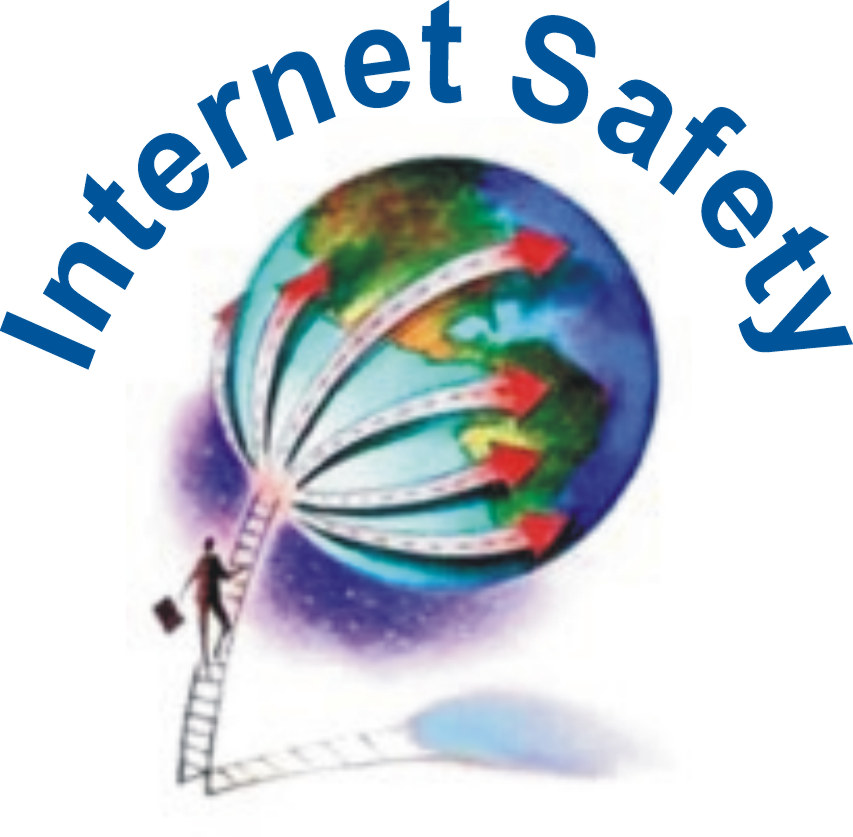
What is eSafety?
The health and safety of online domains is pretty important these days. Just like how personal information has to be protected in the real world - the same thing needs to be done in the virtual world. This isn't more apparent than when it comes to the safety of children online - at home and in school.
People often ask who is responsible for the eSafety of children within schools [at home it is the responsibilty of the parent or gaurdians - so no need to look at that just now] Within schools it is the responsiblity of everyone who has access to a computer to watch over and stay vigiliant when it comes to online safety.
The following weblinks have some information on this if you wish to look further:
http://support.securus-software.com/user/71/281667.pdf
http://www.childnet-int.org/kia/
But basically the main concerns come from 3 areas :
CONTACT - involving online abuse, grooming or cyber-bullying
CONTENT - children gaining access to content that is not suitable for them like adult orientated websites, finding images or videos of violence or hateful messages. It also covers premium rate services that children could possibly be tricked into signing up for - for example: signing up to buy one ringtone without realising that they actually signed up for a lot more.
CONDUCT - taking part in illegal activity such as illegal downloading of music or films; or creating misleading information on the internet to cause harm or distress. These sort of activities can place the child in a vunerable position.
But how can parents/carers keep on top of eSafety?
Most parents/carers or gaurdians these days would probably be searching on the internet themselves to find out how to keep their children safe. For those who don't know where to start there are a variety of websites out there made to educate and inform adults on the dangers of the internet and how to protect children and young people while they surf online.
The best website that I have found so far is this one:
www.thinkuknow.co.uk/
There are probably others out there - but that's where exploring the internet and learning comes into play.
Bu what about photos of children online?

Putting photos of children online has always been a bit of a taboo - no one knows who could be out there looking at these pictures and the child's welfare could be at risk because of it.
As a result of this, school's implement rules and regulations about the taking of pictures in school, and the way in which they can be publish.
Parental consent is needed for any picture going onto the school's website and the pictures must be of an appropriate nature - so this means kids in school uniforms, not in PE kits or swimsuits. Children that are the subject of a court order should not have any photos taken or publish, in order to keep the child safe.
The storing of these photos is liable as much scrutiny as the photos themselves. They need to be stored securely with access only possible by authorised personnel. Files name too are not allowed to identify which children are in which photos just in case.
Don't worry we're almost at the end..........
What about the health of the child using the computer?

We don't want children to become slaves to the computer monitor - slowly rotting, turning into zombies, so when is enough, enough?
Many sites have suggested that 3 to 7 year olds should spend around 30 minutes a day in front of a screen (computer or TV). This is extended to an hour for 7 to 12 year olds and up to an hour and a half for children up to the age of 15. Now bearing in mind that these are just suggestions, it is ultimately up to the adult in charge as to when enough is enough.
The following link is to the direct.gov.uk site - going directly to all the issues about child health:
http://www.direct.gov.uk/en/Parents/Yourchildshealthandsafety/index.htm
This link sets out risks about using the internet and guidelines for children's use of it:
http://www.getsafeonline.org/nqcontent.cfm?a_id=1123
The site from the BBC focuses more on the amount of time children should watch television, but the same idea applies as a screen is a screen and has the same effect whether you're watching TV or surfing the net:
http://www.bbc.co.uk/health/physical_health/family/family_relationships/you_tv.shtml
And Finally.......
I think I've bored you long enough this time round so I will leave you with this information to digest and hope you will join me at a later date for some more ICT discussion.
Later Days,

No comments:
Post a Comment